
Tim Ozkurt
"Like all parents, I feel the strains of managing modern family life. Raising an eco baby can sometimes seem like an additional adjustment that frankly, you don’t have the time, energy nor money to deal with. This guide aims to offer some practical steps and insights into raising an eco baby and helping you stop those cute baby feet producing big carbon footprints!"
Timur Ozkurt, a modern day dad.
Diapers
In our reusable nappies guide, we give you a rundown on key considerations. To add to the topic here are a few additional points worth noting.
Biodegradables vs Cloth – pros and cons
Biodegradable nappies aren’t made from 100% biodegradable materials and if they end up in landfills they are unlikely to biodegrade as these sites are managed to reduce organic composition that releases methane and carbon dioxide. Having said that, they are a more eco-friendly option than disposables as the production process is often less impactful on the environment.
On the plus side, cloth nappies are making a comeback and are now more absorbent, less bulky, and cheaper. If you don’t want to get your hands dirty why not try nappy services like the UK Nappy Network and the Nappy Library Project who will do the dirty work for you!
Other greener and cleaner options
- Make your own baby wipes out of old organic cotton clothes
- Search for all natural ingredients in baby creams. Brands like Weleda sell effective creams made from sesame seed oil and calendula flower extract.
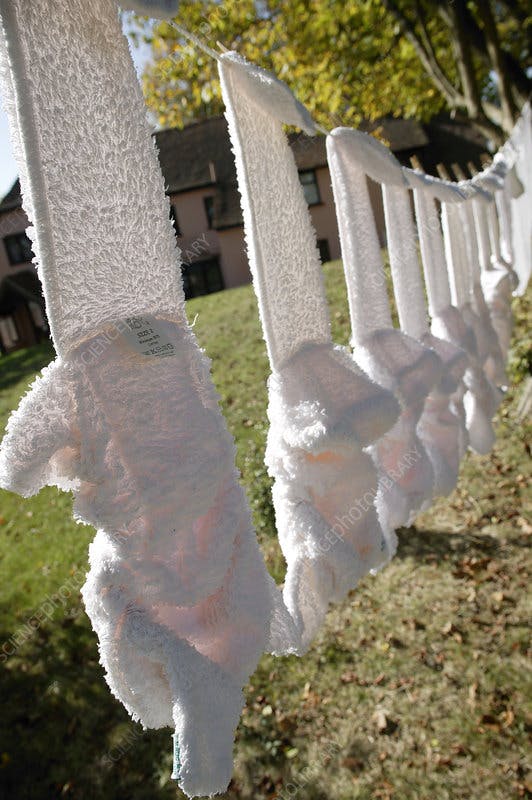
Food: Breast is Best
The World Health Organisation states that only 40% of infants under six months are exclusively breastfed. Not only is it the best source of nutrition for your baby’s growth, but it also protects both mother and baby against disease in the short and long term. Clear environmental benefits include saving the energy and resources of producing formula milk. Common practices such as supplementing with formula can affect the success of breastfeeding so it is advisable to seek out trained breastfeeding counsellors if you need support. In addition to all the advantages above, there’s no hassle of preparing bottles at the right temperature and it’s a naturally unique bonding experience.
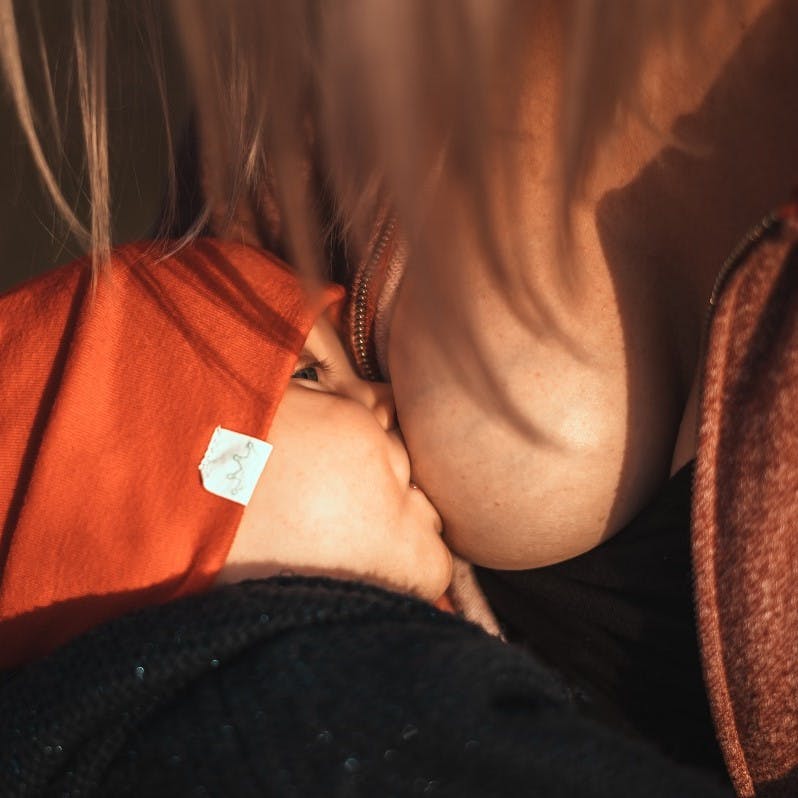
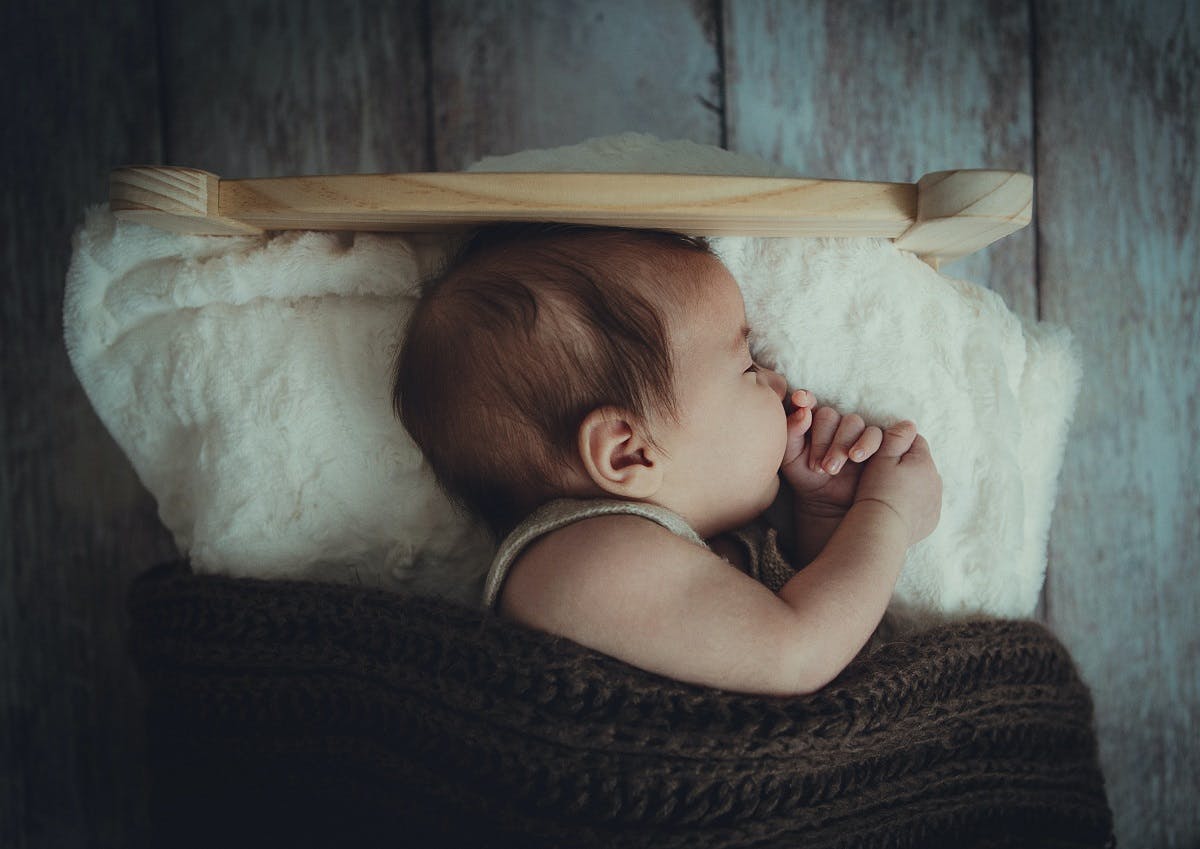

Take action now
Do you want to have a direct impact on climate change? Sir David Attenborough said the best thing we can do is to rewild the planet. So we run reforestation and rewilding programs across the globe to restore wild ecosystems and capture carbon.
Get involvedFood: Organic vs Sustainable
Seeing today’s supermarket shelves stacked with organic labelled foods may seem like a step in the right direction but knowing a product’s overall environmental impact, is still not so transparent. When it comes to raising an eco baby here is some food for thought on sustainable food.
- Support small local farms that diversify crops and conserve land resources.
- Avoid excessively packaged convenience snacks that can contain palm oil. - Offer your little ones nutritional wholefoods like fruit, nuts, and veggie sticks with hummus instead. A favourite with my toddlers is banana pieces with almond butter - sticky, yummy, and fun! These reusable pouches also jazz up mealtimes without the mess!
- Toddlers only need a fraction of an adult’s portion. Cook in bulk and freeze extra portions in containers like these.
- Consider a vegan, vegetarian, flexitarian or pescatarian diet for raising an eco baby. Concerned about nutrition and those dreaded questions about protein? Check guidance from the NHS or see a nutritionist to put your mind at ease.
- Search for MCS (Marine Conversation Society) logos on fish products and check their Good Fish Guide for ethical catch. Steer clear of farmed fish that notoriously impacts surrounding ecosystems.
- Grow your own. Get those little fingers green from an early age to help them appreciate where food comes from whilst having fun digging in the dirt!
- UK Household food waste was 7.1 million tonnes in 2015. Reduce food wastage by making Meal Planners and by transforming leftovers into soups, just add water and blend.
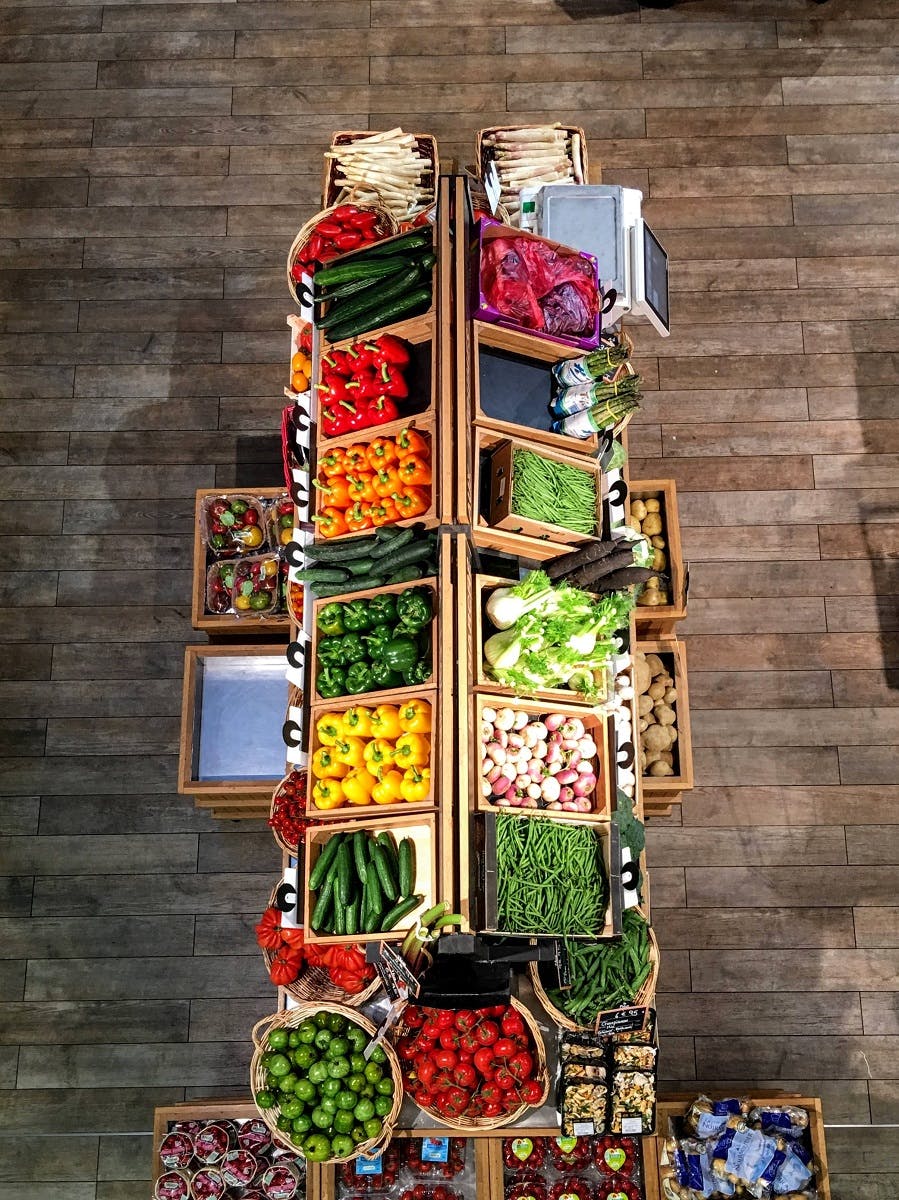
Shopping for eco-friendly baby products
These days it seems the range of eco-friendly baby products is growing as fast as our little ones do as a flood of new quality brands enter the market. Below are a few products, ideas and hacks for the environmentally conscious parent, some have become household brands in my family, plus a few recommendations from like-minded friends in our circles.
- Create a local circular economy: Buy and sell used clothes, repair, and share whatever equipment a friend needs for usually only a very short stage of the baby’s life! It’s recommended that cot mattresses and car seats are purchased new for safety reasons but look out for formaldehyde, a toxic chemical. Check Environment California for advice before buying.
- Persuade family and friends to buy experiences or something from sites like greentoys.com.
- Swap toys with friends, sharing is caring. Or why not make every month feel like Christmas for your kids by signing up to a toy subscription service that regularly delivers different toys for them to explore with. To keep your carbon footprint in mind, only choose services like greenpinatatoys.com that send toys made from natural materials and recycled plastics.
- Less is more! Raise your eco baby to be imaginative and creative. Develop their imagination by using natural/recycled materials and open-ended toys that children can experiment with in multiple ways, such as wooden blocks, paints, and sand.
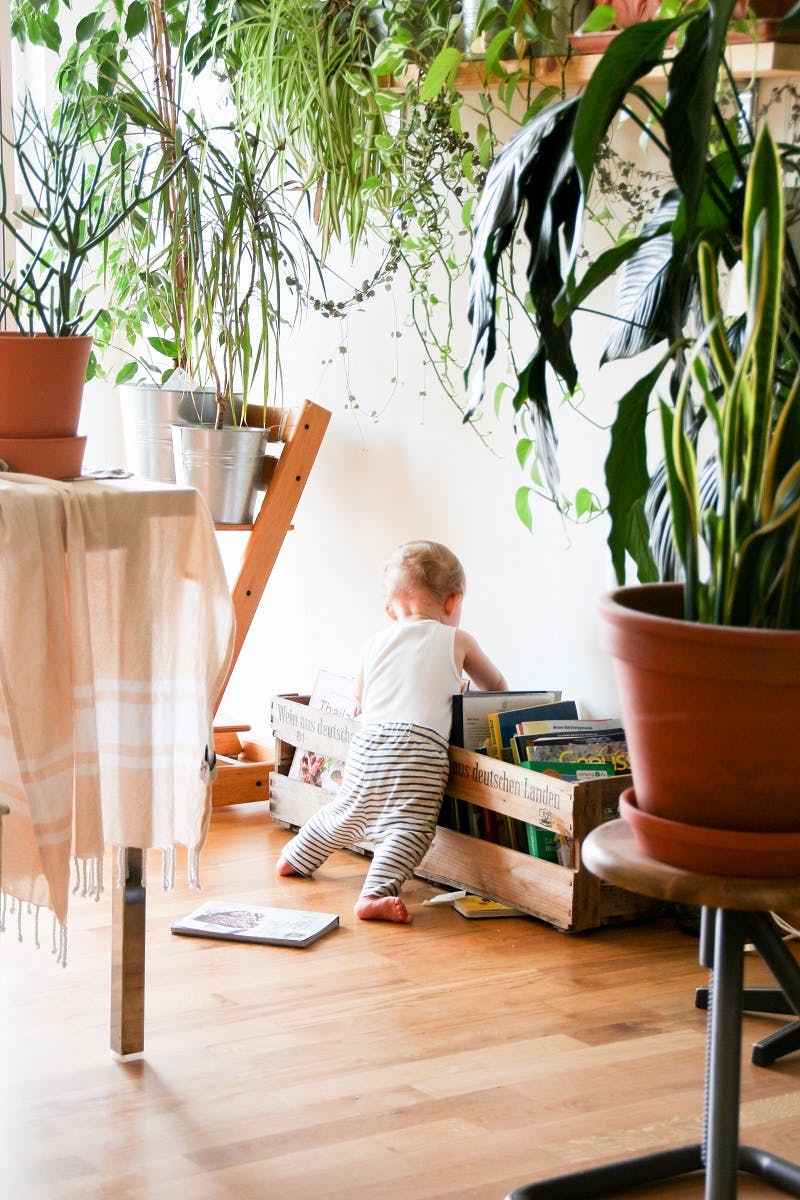
Reusable Nappies
High up on any eco-friendly baby products shopping list will be a batch of reusable diapers. The following are decent brands with some handy features designed to keep your baby comfortable whilst minimizing the mess!
- Tots Bots - My toddlers were happily fastened into Tots Bots throughout their diaper days. They are adjustable for different sizes, absorbent and easy to strap on wriggling baby bots. See their website for a range of diapers depending on the occasion, for instance, overnight or All-in-One for a quick change. The company also strives towards environmental standards by trying to source materials locally and transporting goods by surface where possible. Furthermore, the waterproof outer layer is made from 100% recyclable plastic.
- Close Pop-in - another great brand that will keep your tot snug and dry thanks to the good absorbency of the Microfibre material and removable boosters. Like Tots Bots, these diapers are machine washable at 60 degrees and use recyclable plastics in production. The brand also conserves resources by using 20-30% renewable plant-based ingredients for their vibrant prints.
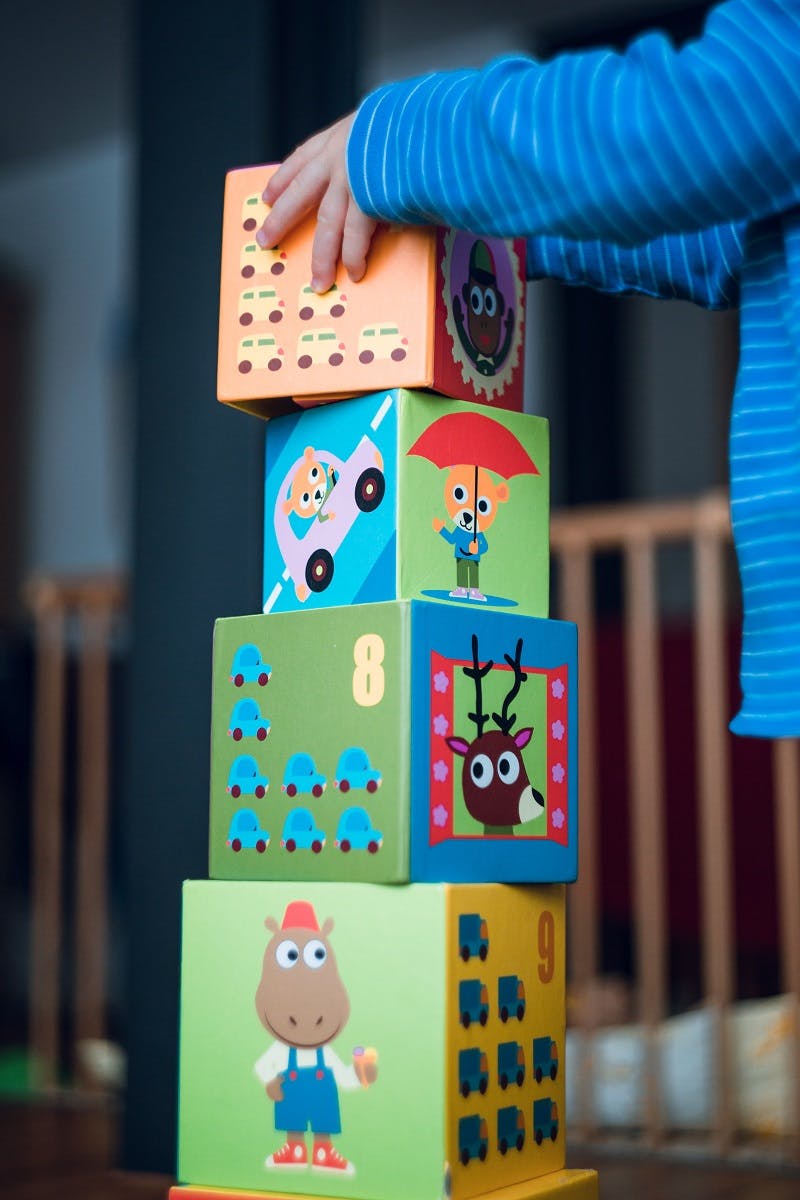
Baby Cosmetics
Other essential eco-friendly baby items in your basket should be those frequently purchased cosmetics such as lotions, creams, toothpastes, shampoos, and soaps. Companies worthy of mention who pledge to safety and sustainability values are,
- Weleda – an established brand that meets this requirement and has been tried and tested with my children. My babies’ bums were always well soothed by their nappy cream and they also sell teething gels.
- babyganics – apply the latest research to skin care for infants with an impressive range of products from remedies to eco-friendly toy & highchair cleaner.
- gothink – this brand’s focus is on eliminating harmful ingredients, innovation, and sustainability. As well as baby cosmetics you can purchase other products such as BPA-free Sippy cups and food containers.
- Badgerbalm.com – a hard-working, environmentally responsible, family-run business that manufactures a variety of goods from baby oils to sleep balm made from organic ingredients.
- Attitudeliving.com – offers a child care line that is hypoallergenic, vegan and dermatologically tested for the delicate skin of your baby.
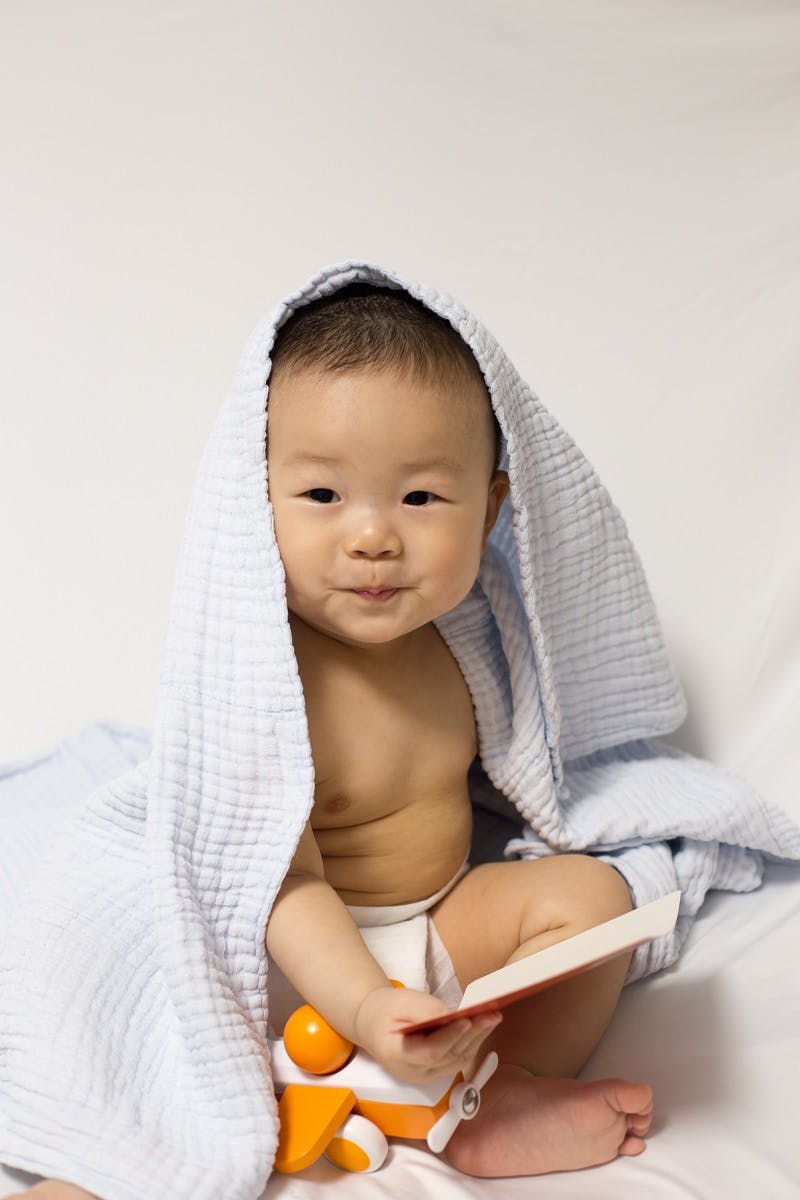
Instruction is good for a child; but example is worth more
Alexandre Duma
Play
Finally, the part children love the most and what better way to nurture your young than in nature. My father grew up outside on the lush mountainous Black sea coast and constantly told me as a kid how much better his childhood was as I begged for a Playstation. Research now backs up the idea that Mother Nature is the greatest playground. Studies suggest children thrive physically, emotionally, and socially from being in contact with nature, and it’s free!
Live the example you want to set, get outdoors and your little ones will want to follow in your footsteps with their little carbon footprints.
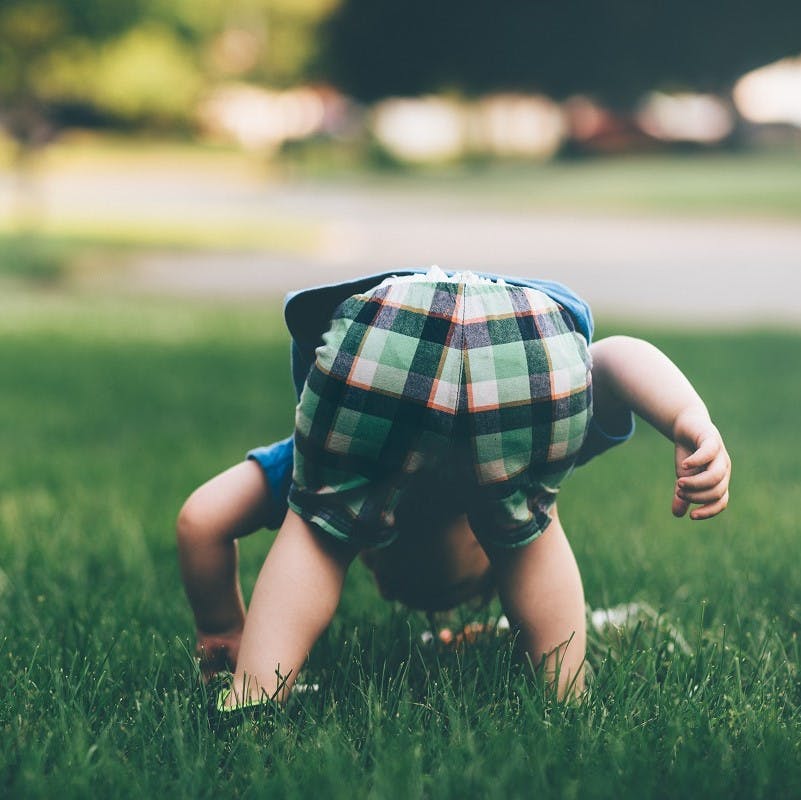
Sources & further reading

- “10 facts on breastfeeding” - WHO
- “Nutrition guidelines for toddlers” - British Nutrition Foundation
 Invest in reusable cloth nappies or biodegradable over plastic disposables.
Invest in reusable cloth nappies or biodegradable over plastic disposables.